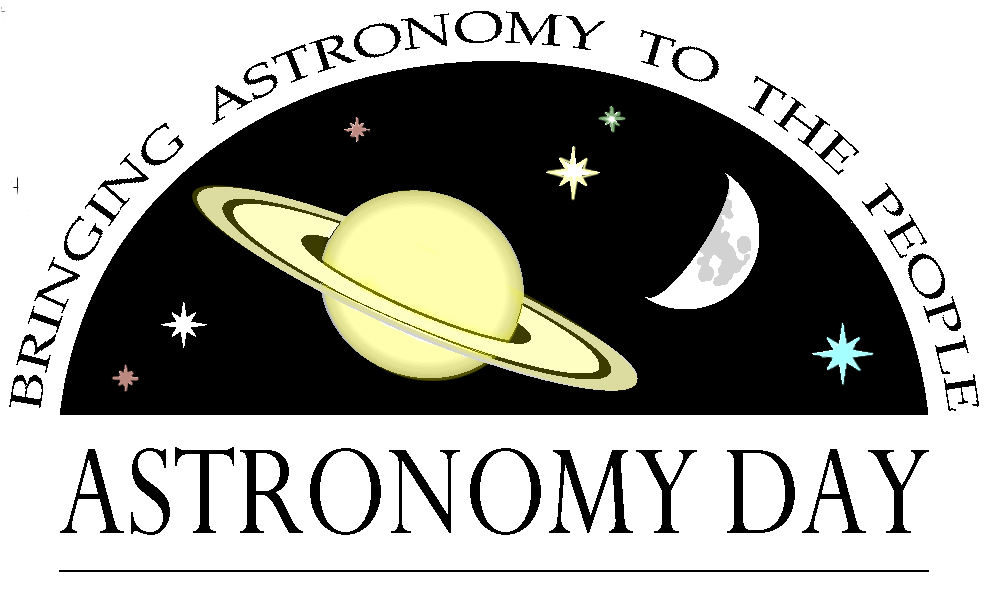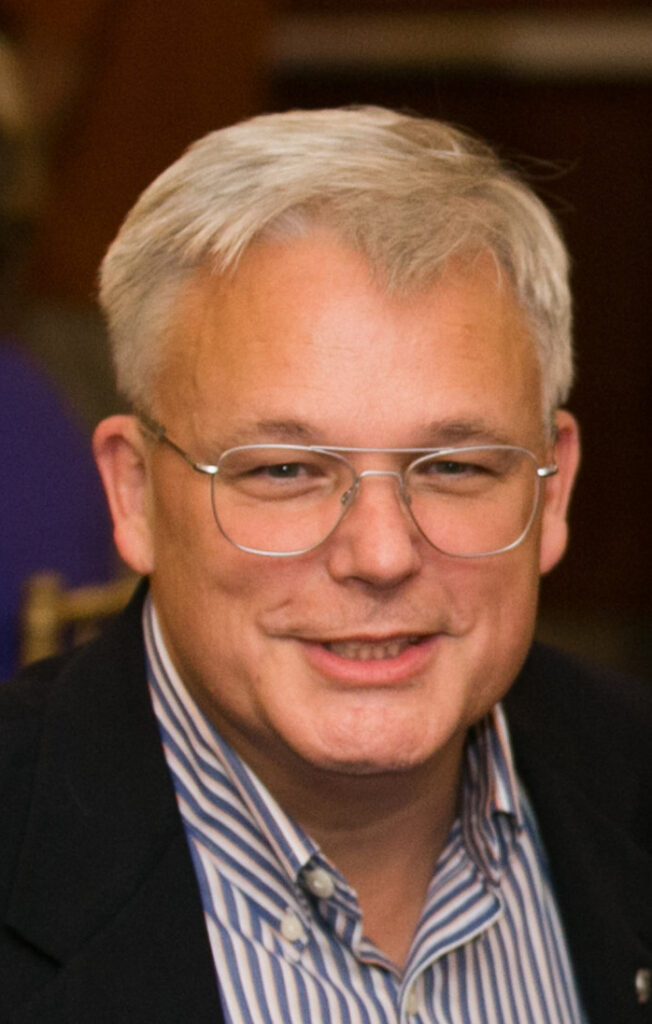All planetarium shows begin at 7:30pm.
Admission opens at 7:00pm; $5/adult, $3/student, 6 and under free.
Telescope viewing afterwards on clear nights.
December 7 – Christmas Star
What was the star that the Magi saw? Join VBAS educator Beth Bero for this family-friendly program that explores the history, science and wonder of a special star.
Presented by Beth Bero
December 14 – Christmas Star
Join us on the evenings of Dec 14 or 21 to hear a Special Presentation of The Star of Wonder. VBAS actors tell the Christmas Story told from the perspective of the Three Wisemen. The journey the Wisemen took that first Christmas comes to life as they detail their quest to find the Christ Child and answer a very basic question: what could cause that star to shine so brightly? Children 12 and under will receive a “goodie bag” of toys and candy. Be sure to arrive early as this particular show sells out early.
Presented by Don Reed, Tom Burleson and Jared Cassidy
December 21 – Christmas Star
Join us on the evenings of Dec 14 or 21 to hear a Special Presentation of The Star of Wonder. VBAS actors tell the Christmas Story told from the perspective of the Three Wisemen. The journey the Wisemen took that first Christmas comes to life as they detail their quest to find the Christ Child and answer a very basic question: what could cause that star to shine so brightly? Children 12 and under will receive a “goodie bag” of toys and candy. Be sure to arrive early as this particular show sells out early.
Presented by Don Reed, Tom Burleson and Jared Cassidy
December 28 – Standing Stones and Sungazers
In recognition of the Winter Solstice we will explore how we believe ancient civilizations marked the passage of the year through monu- ments, monoliths and markers and learn about the astronomical causes of all the motions.
Presented by Alex Hall




